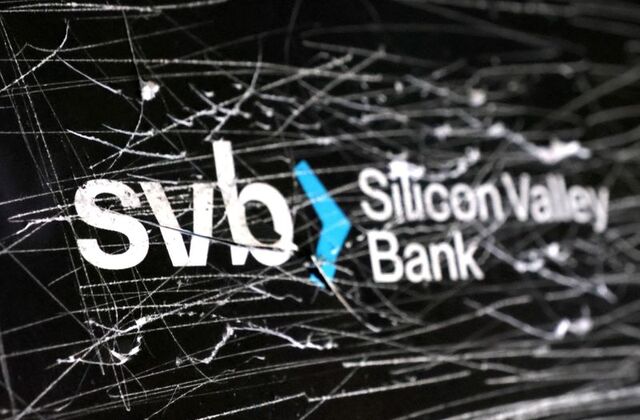Briefly: US regulators promised on Sunday to guarantee the deposits of individuals and businesses who kept money at Silicon Valley Bank (SVB) and Signature Bank, to prevent a broader financial crisis. They’re the second and third-largest US banks to fail, ever.
How it happened: SVB re-invested most customer deposits in US Treasury bonds. These are safe and liquid assets. But when interest rates go up, bond values go down. And we all know what’s been happening with interest rates lately.
So, when customers came looking for cash, SVB was forced to sell its bonds at a loss. And when SVB attempted to raise capital to plug the hole, spooked customers raced to withdraw their money, leading to the bank’s sudden collapse on Friday.
Stay on top of your world from inside your inbox.
Subscribe for free today and receive way much more insights.
Trusted by 114,000+ subscribers
No spam. No noise. Unsubscribe any time.
The ripple effect is global. SVB had branches in China, Germany, Israel, and elsewhere. So financial regulators around the world are now stepping in to prevent Everything Everywhere Failing All at Once.
Intrigue’s take: This is different to 2008: SVB’s poor choices were key, rather than any broader systemic issue. And US regulators have moved quickly to stem the bleeding.
SVB’s unique customer base (startups and tech workers) also played a role. They’re great customers to have when tech is booming. Less so right now:
- Higher interest rates and tighter VC wallets meant fewer and smaller deposits from startups, putting strain on SVB’s finances, and;
- The hyper-connected nature of tech workers prompted some observers to call SVB’s failure “the first memetic, social-media fuelled bank run in history”.
As with 2008, some very clever folks in Moscow, Beijing and beyond will have been watching how a rumour of SVB’s insolvency quickly became a self-fulfilling prophecy.
Also worth noting:
- SVB’s collapse may force the Federal Reserve to slow the pace of interest rate hikes.
- Shares of California-based First Republic Bank bottomed out at $17.53 on Monday, down from $147 as recently as last month.








